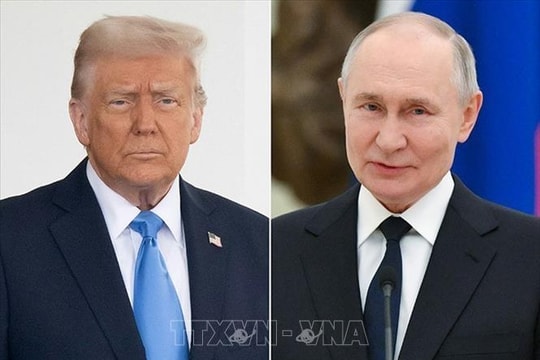Russian President holds an extremely powerful 'secret weapon' in his strategy to deal with Ukraine
Moscow does not need to launch an attack because, in fact, President Putin holds in his hands an extremely powerful weapon: a passport for Ukrainian citizens.
Russia's increased military presence in the border area between the country andUkrainehas caused concern in the international community. Concernthe "cold" warThe conflict between the two former Soviet countries has escalated into a “hot” war after Russia accused Ukraine of preparing a major offensive in the Donbass region and warned of serious consequences for the country.
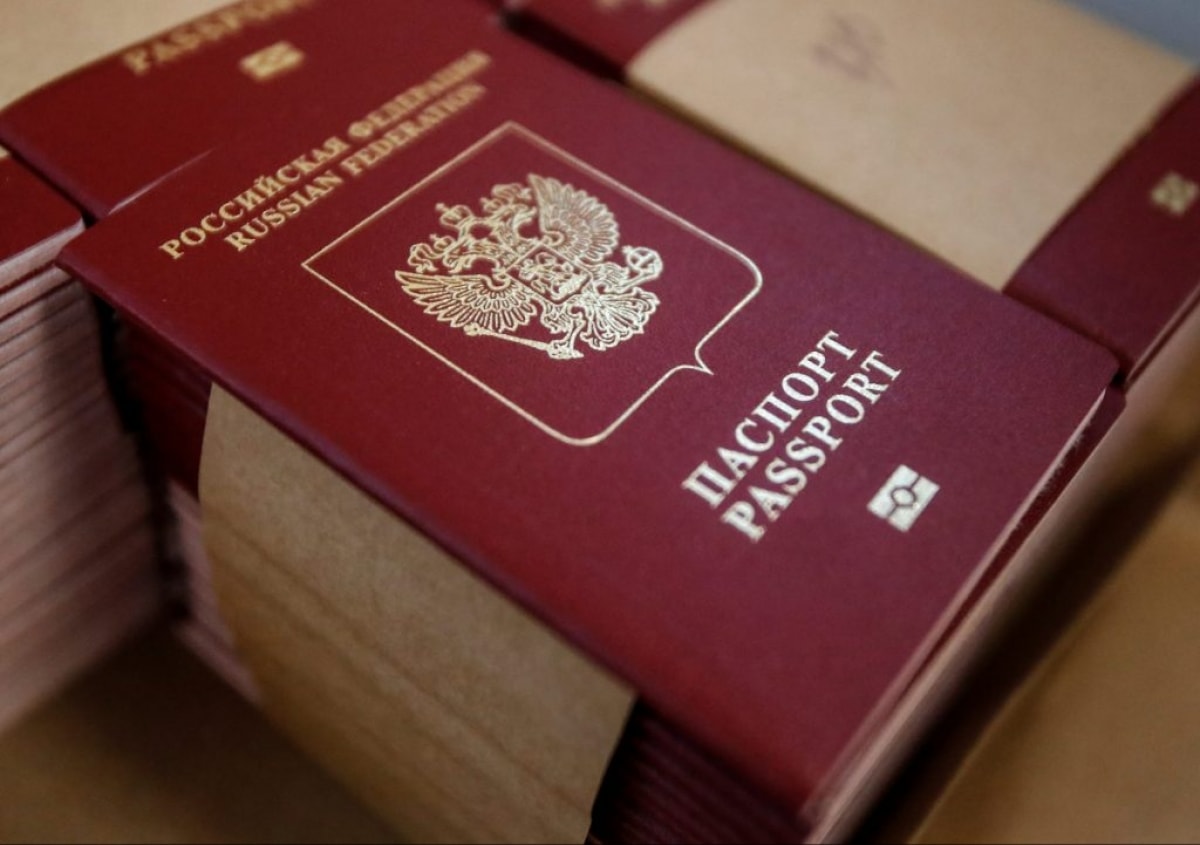
Images showing Russian troops massing near the Ukrainian border are making Western leaders “restless”. The West is still guessing Russia’s true intentions and is worried about the possibility of war between Russia and Ukraine. However, some analysts say Russia is unlikely to want to escalate the problem with Ukraine because it is also worried about getting bogged down in a costly conflict without a clear exit strategy. Moreover, President Putin has in his hands an extremely powerful weapon that can put great pressure on Ukraine.
Passport - Russia's "secret weapon"
Over the past two years, Russia has been issuing passports to people living in the separatist regions of eastern Ukraine. It is estimated that more than 650,000 Russian passports have been issued during this period. Earlier in 2019, President Putin signed a decree simplifying the procedure for obtaining a Russian passport for people in these regions. The Kremlin explained this as a “humanitarian” gesture and a demonstration of responsibility towards the Russian-speaking population of the region.
Several senior Kremlin aides have stressed the strategic importance of the policy of providing Russian passports to Donbass residents. Speaking in Moscow on April 8, Dmitry Kozak, Deputy Chief of the Kremlin Administration, said that Russia “will be forced to protect” Russian citizens in eastern Ukraine if the fighting escalates.
Dmitry Kozak, who is also Russia's representative in peace talks with Ukraine, warned that if Ukraine begins military action, it will be "the beginning of the end" for the country. A day later, Dmitry Peskov, President Putin's press secretary, reiterated Kozak's commitment to protecting Russian citizens in eastern Ukraine.
The issuance of Russian passports in eastern Ukraine not only reveals Moscow's long-term goals, but also provides some clues about what will happen next following Moscow's military moves in the border region.
According to writer Peter Dickinson, there are two possible scenarios. First, Moscow’s recent statements about the need to protect Russian citizens in eastern Ukraine could herald plans to annex the Donbass region to Russian territory, similar to Moscow’s annexation of the Crimean Peninsula in 2014. However, to do so, Russia would have to pay an extremely high price. Moreover, such a move may not receive the support of the Russian people like the Crimea incident.
A more likely scenario is that Russian troops will enter eastern Ukraine as peacekeepers to protect the large number of Russian citizens in the area. Once deployed, such peacekeepers would be virtually impossible to dislodge.
Peter Dickinson of the Atlantic Council said the passport policy was a carefully calculated move by President Putin to ensure Moscow would have a legitimate reason to intervene militarily in eastern Ukraine if necessary. Until now, Russia has maintained a status as a bystander to the conflict in Donbass.
Maxim Samorukov, an expert at the Carnegie Moscow Center, said that Russia certainly does not want to initiate a military conflict with Ukraine, but the country "has made thorough preparations" if Ukrainian President Zelensky uses the "anti-Russian card".
The passport strategy has become a key element of Moscow’s foreign policy since the late 1990s. Over the past two decades, it has helped Russia consolidate its position across the post-Soviet world and played a prominent role in building strong support networks for Russia in several former Soviet states such as Moldova and Georgia.
Russia began issuing passports to eastern Ukrainians in 2019, just days after Volodymyr Zelensky was elected president of Ukraine. The Ukrainian government expressed anger, calling it a “stab in the back” that would damage the peace process.
President Putin's main goal
With the recent escalation of tensions and the declaration of “combat readiness” from both sides, many are concerned about the possibility of a “full-scale war” between Russia and Ukraine, which could threaten security in the Black Sea region and all of Europe. However, Peter Dickinson believes there is no guarantee that the Kremlin is planning such a war. He emphasizes that Moscow’s immediate goal may be to increase pressure on Ukraine to comply with the Minsk agreement signed in 2015 and test the response of the administration of US President Joe Biden.
According to the Minsk agreement, the Ukrainian government army and the opposition must withdraw heavy weapons from the front line area, Kiev will have to grant special autonomous status to Eastern Ukraine and let local elections take place there. However, since coming to power, President Zelensky has not wanted to grant autonomous status to the Donbass region because he believes that this decision is no different from surrendering to the opposition.
The Zelensky administration then announced that elections would only be held after Ukraine had regained full control of the eastern region. Ukraine is said to be considering the possibility of launching a new war to repel the separatists, so Russia's increased presence near the border between the two countries is a warning move to Kiev.
In another aspect, Russia's actions are also seen as a test of the Biden administration's response. The Kremlin wants to send a signal to the US that Russia still considers Ukraine's problems related to this country and is particularly opposed to Kiev's plan to join NATO.
With the new US administration shaping its foreign policy in its first three months in office, President Putin may see this as an opportune time to set the political and military boundaries between the two countries for the next four years. The US has been Ukraine’s strongest ally since Russia annexed Crimea in 2014.
Amid rising tensions with Russia, Ukrainian President Zelensky has called on President Biden to help his country quickly join the North Atlantic Treaty Organization (NATO). For Russia, Ukraine's increasingly close relationship with the US and the West will challenge Moscow's position in the region. In addition, Ukraine's desire to join NATO is also considered a potential threat by Russia./.

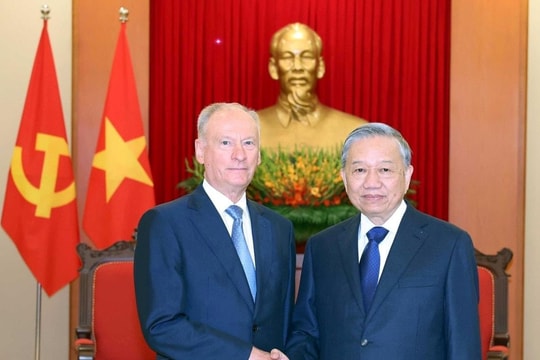
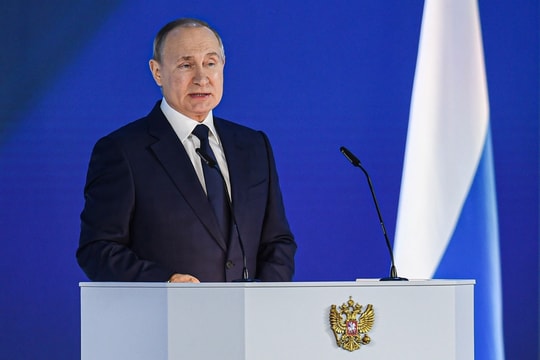

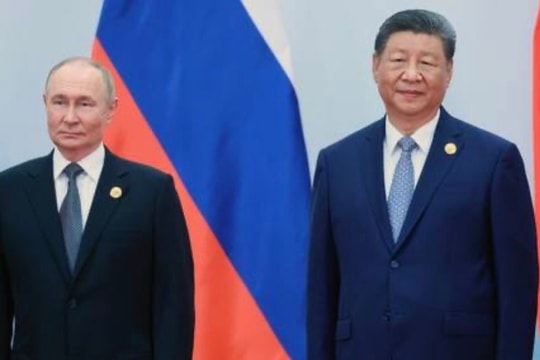
.jpg)
